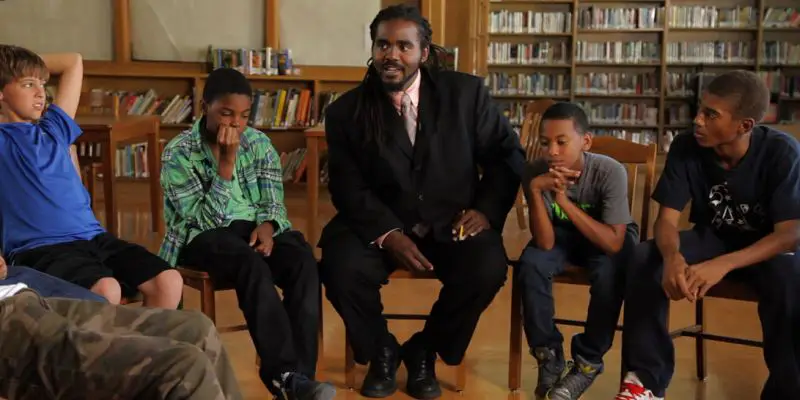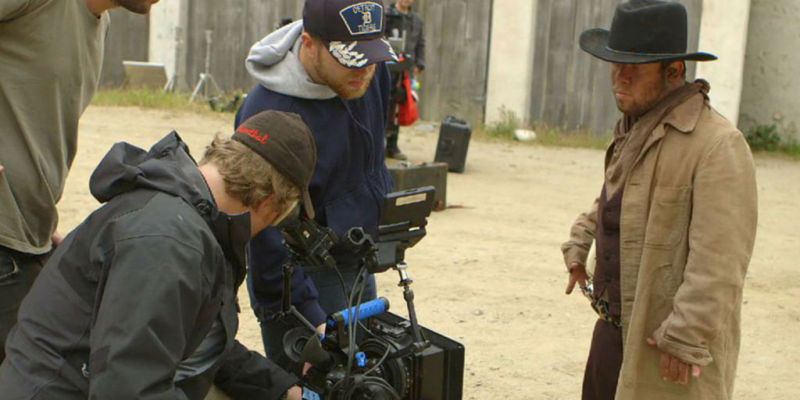documentary
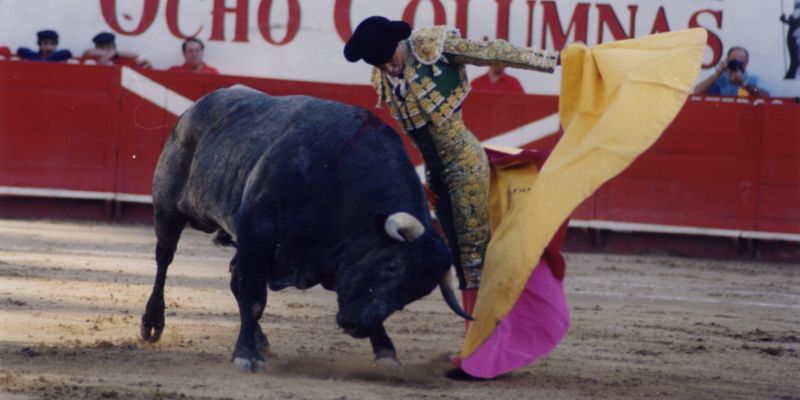
Aside from sports bloopers, a few Hemingway novels and stock footage I don’t know much about bullfighting. Common sense dictates that provoking a bull to charge you to stab it going to be dangerous, and there’s bound to be a daredevil mentality to being a matador. With that rudimentary knowledge, it felt like Gored would provide some insight into bullfighting, the cultural identity of matadors, and the passion of its subject.

The old is boring and the new is exciting; right or wrong, that’s just how our brains our wired. So when something is in danger of becoming not just old but extinct, it’s only natural that they would seek to extend their longevity by latching onto something new. We could be witnessing an extinction event for one such aging institution, the daily newspaper.
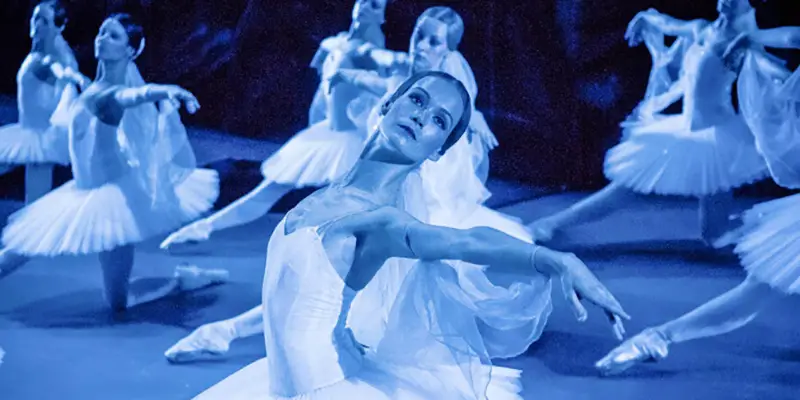
Back in 2013, a prestigious ballet director from the Bolshoi Theater named Sergei Filin was attacked outside his house, and acid was thrown into his face. He suffered third degree burns all over his face and down his neck and was left blind in one eye. After an investigation, it was discovered that a dancer of the Bolshoi paid the perpetrator; the motive was in reference to the casting of Swan Lake in which Filin was responsible.

The world is a terrifying place. Its machinations are convoluted constructions managed by a mixture of public servants or private business people whom we would like to assume have the public’s best interests at heart, but whose true motives are more dubious and difficult to discern. Oftentimes financial imperatives outweigh common sense, and the result is disaster on a massive scale.

Long maligned no matter the medium, the short film is often seen merely as a launching pad for bigger and better things. However, for documentarians, the short is almost the primary form, as it takes a lot of time, funding and quality footage to come up with a feature-length documentary worthy of release. Thus, for documentary, the short is the rule rather than the exception, and the field is stacked with quality, potent films, more or less unhampered by typical commercial expectations.

It’s not often that you can say that someone is one of your favourite directors, but for a long time you didn’t even know their name or recognise that all the films you liked were theirs. Jeanie Finlay is a special case though, the documentarian who pushes you hard to look at the subject and never at themselves. Through her good working relationship with the BBC I and many of you in the UK have been watching her films without ever actually joining the dots and seeing that Finlay was the filmmaker behind them all.

On November 23rd 2012, 17 year old Jordan Davis was shot dead inside a friends car at a gas station. He was shot by Michael Dunn, a 43 year old white male, because of an altercation which began when Dunn asked Jordan and his friends to turn down their music. The situation escalated and a few minutes later Jordan Davis was dead.
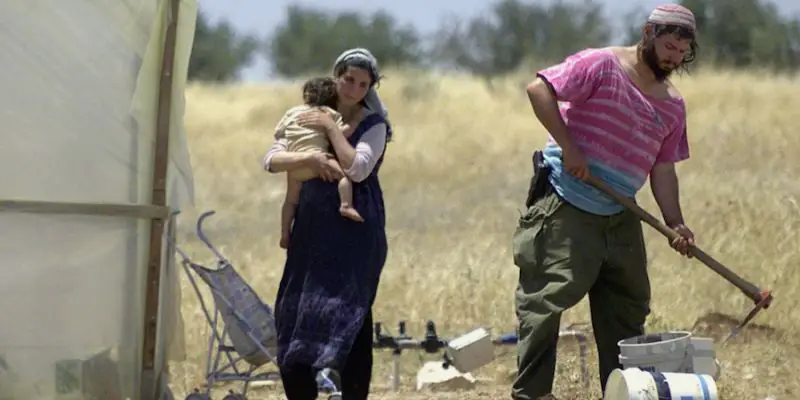
“I heard once somebody describing Zionism as a person escaping a burning building jumping out of the window and falling on somebody else’s head.” – Orly Noy, Israeli peace activist Colliding Dreams is a historical documentary exploring the history and ideas of Zionism, a nationalist movement of the Jewish community. The documentary examines Zionism in relation to the Jewish-Israeli occupation, a highly politically and religiously charged conflict between the Zionists and the Palestinians that continues until this day.

Between fronting various rock bands, starring in ’80s B-Movies and baring it all for dinner guests in the Aloha state, Jon Mikl Thor has been existing on the fringes of American pop culture going on 5 decades now. The subject of the new documentary I Am Thor, my review of which you can read here, he is poised to come roaring back onto the heavy metal scene and beyond. Jon was gracious enough to take the time to speak with me about the documentary, his career, and all that lays ahead.

Documentary filmmaking is an interesting thing: while an actor in a fiction film can (though certainly doesn’t necessarily) excise their own personal ego and inhabit a role entirely separate from themselves, the documentary subject does not have this luxury. In fact, for the subject of a documentary to be successful it takes precisely the opposite skill; to be fully present in oneself, perpetuating the most “you” version of you possible.





